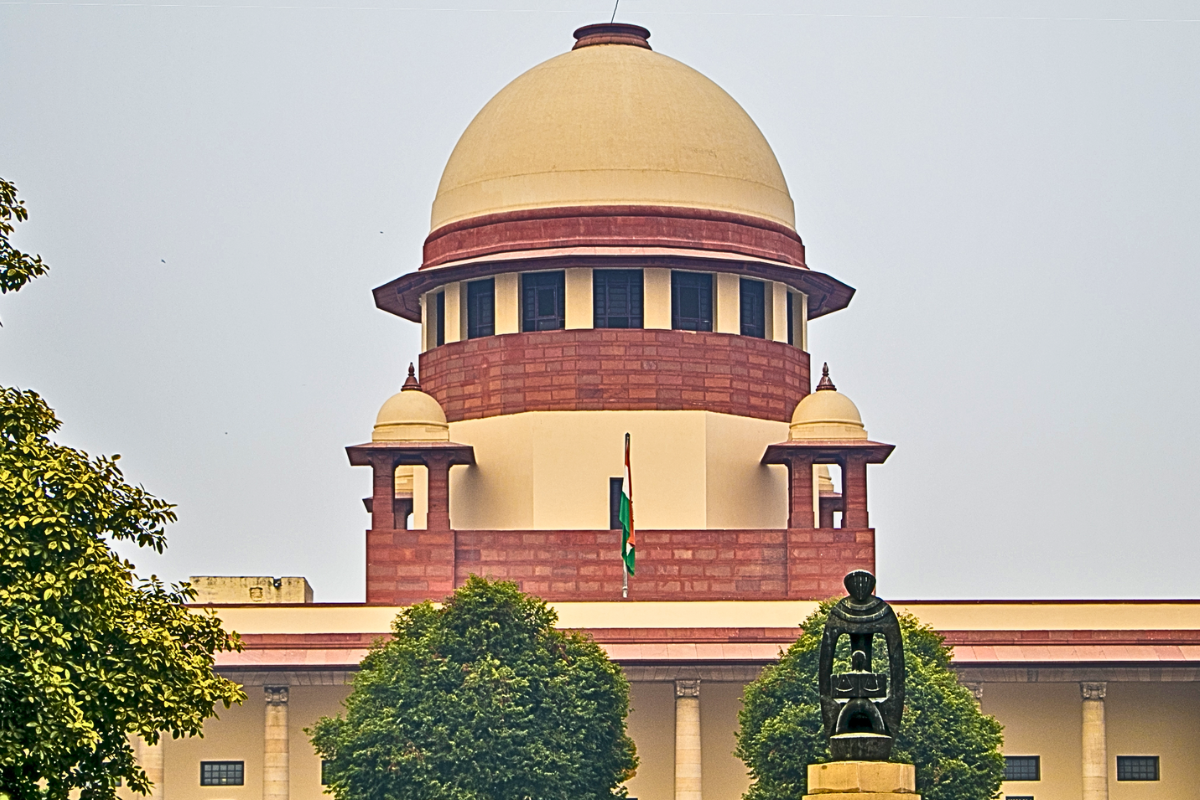NEW DELHI: In a significant ruling on Friday, the Supreme Court stated that non-compliance with Section 52A of the Narcotic Drugs and Psychotropic Substances (NDPS) Act, 1985, does not automatically entitle an accused to bail. Section 52A outlines the procedure for sampling, verifying, and destroying seized narcotics in the presence of a magistrate.
A Bench comprising Justice Bela Trivedi and Justice Satish Chandra Sharma clarified that Section 52A is procedural in nature, and any delay or lapse in following its requirements does not render the seized contraband inadmissible as evidence.
“Procedural irregularities in search or seizure do not invalidate the entire evidence. Similarly, delay in complying with Section 52A cannot, by itself, be a ground for granting bail unless the stringent conditions under Section 37 of the NDPS Act are satisfied,” the Bench ruled.
ALSO READ: Supreme Court calls for comprehensive policy to protect sacred groves
The apex court overturned a May 2023 Delhi High Court judgment that mandated filing applications for sample collection under Section 52A within 72 hours. While setting aside the High Court’s interpretation, the Supreme Court did not cancel the bail granted to accused Kashif but directed the High Court to re-examine the matter within four weeks.
Case Background
The case originated from a Narcotics Control Bureau (NCB) investigation following a tip-off about a suspicious parcel at DHL Express in New Delhi. On February 24, 2022, NCB officials found a parcel containing 13,200 strips of Tramadol tablets. This led to the arrest of Ganesh Chaudhary, who was linked to additional seizures, including 15,000 Zolpidem tablets and 19,440 Tramadol tablets.
Subsequently, another accused, Kashif, was arrested on March 7, 2022, based on information from a co-accused. Kashif sought bail, alleging procedural violations in how the seized contraband was handled, including delays in filing applications for sampling and non-compliance with Section 52A.
The High Court had granted bail, emphasizing strict adherence to NDPS guidelines to prevent evidence tampering. The NCB challenged this decision before the Supreme Court, arguing that procedural violations do not automatically undermine the prosecution’s case and can be addressed during the trial.
ALSO READ: Supreme Court directs women’s reservation in Delhi Bar associations
Legal Representation
Solicitor General Tushar Mehta represented the NCB, while Advocate Akshay Bhandari appeared for Kashif.
The ruling reinforces the importance of procedural compliance under the NDPS Act while clarifying that procedural lapses alone are insufficient grounds for bail unless other statutory conditions are met.

